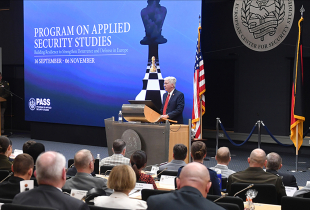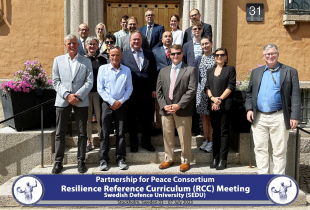
Conclusions
Shaping an interdisciplinary concept of resilience and its extension to the field of security research resulted from the development and complementarity of several knowledge fields. At the same time, the growing relevance of national resilience research is indicative of an active search for new methods and ways to respond to modern challenges and threats. The insight into the interdisciplinary concept of resilience, the definition of its characteristics and manifestations, as well as the peculiarities of implementation in the field of national security allowed enhancing and deepening of existing scientific developments, determining the philosophy of resilience in the field of national security, shaping a common theoretical basis for the study of practical mechanisms to ensure national resilience (to include various fields and areas), identifying and characterizing peculiarities of the use of the categorical and conceptual apparatus in the study of various aspects of the development of the system for ensuring national resilience.
Application of a systems approach to the analysis of the issues of ensuring national resilience made it possible to propose a definition of “national resilience” which takes into account an integrated approach to countering threats and crises of any nature and origin and also covers the main processes that form the basis of the author’s vision of the national resilience ensuring cycle.
The George C. Marshall European Center for Security Studies
The George C. Marshall European Center for Security Studies in Garmisch-Partenkirchen, Germany is a German-American partnership and trusted global network promoting common values and advancing collaborative geostrategic solutions. The Marshall Center’s mission to educate, engage, and empower security partners to collectively affect regional, transnational, and global challenges is achieved through programs designed to promote peaceful, whole of government approaches to address today’s most pressing security challenges. Since its creation in 1992, the Marshall Center’s alumni network has grown to include over 15,000 professionals from 157 countries. More information on the Marshall Center can be found online at www.marshallcenter.org.
This publication reflects the views of the authors and is not necessarily the official policy of the United States, Germany, or any other governments, or any other organization.


